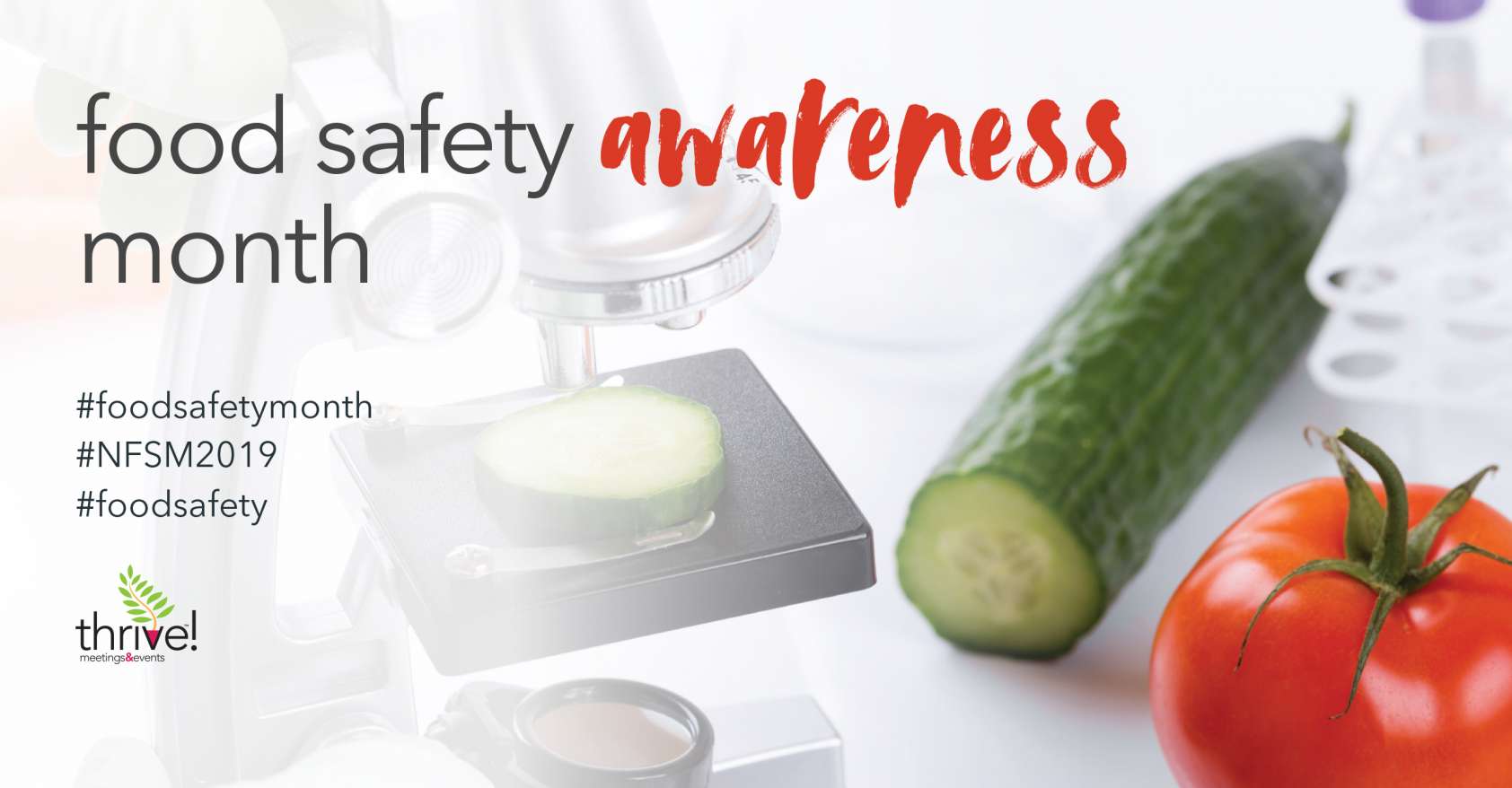Parfaits are delicious, but with all the dairy and refined sugar, they aren’t always the healthiest dessert option. But with a few substitutions, they can be. If you were wondering if there is, in fact, a day for everything, Monday, November 25 should be proof positive that you’re right. Yes, Nov. 25 is National Parfait Day, and who would deny that the many-layered staple of group dining options — from airport grab-and-goes to conference buffets — is worthy of having its own day. It can be scrumptious; after all, the name literally is French for “perfect.” What’s not quite…











